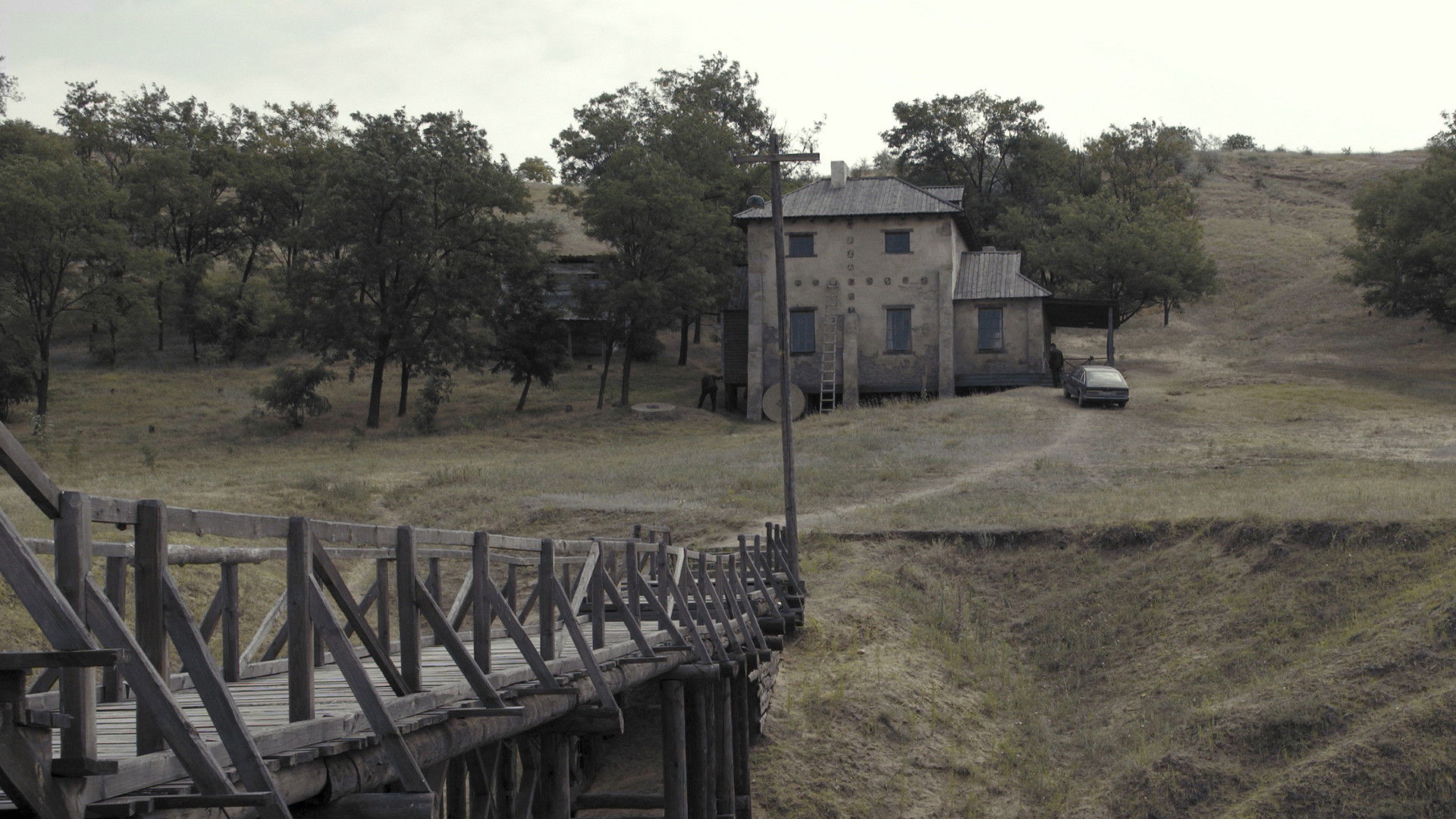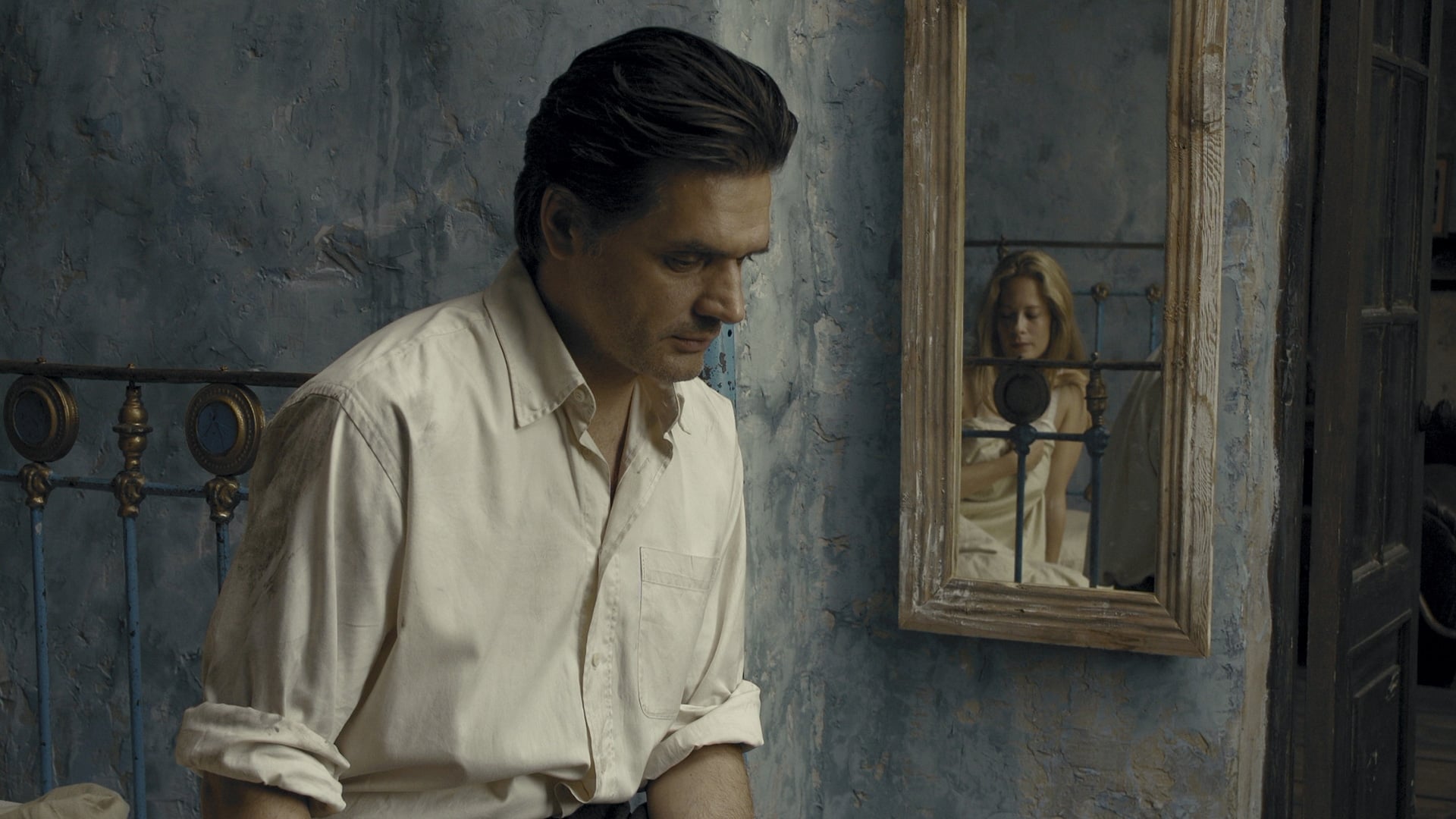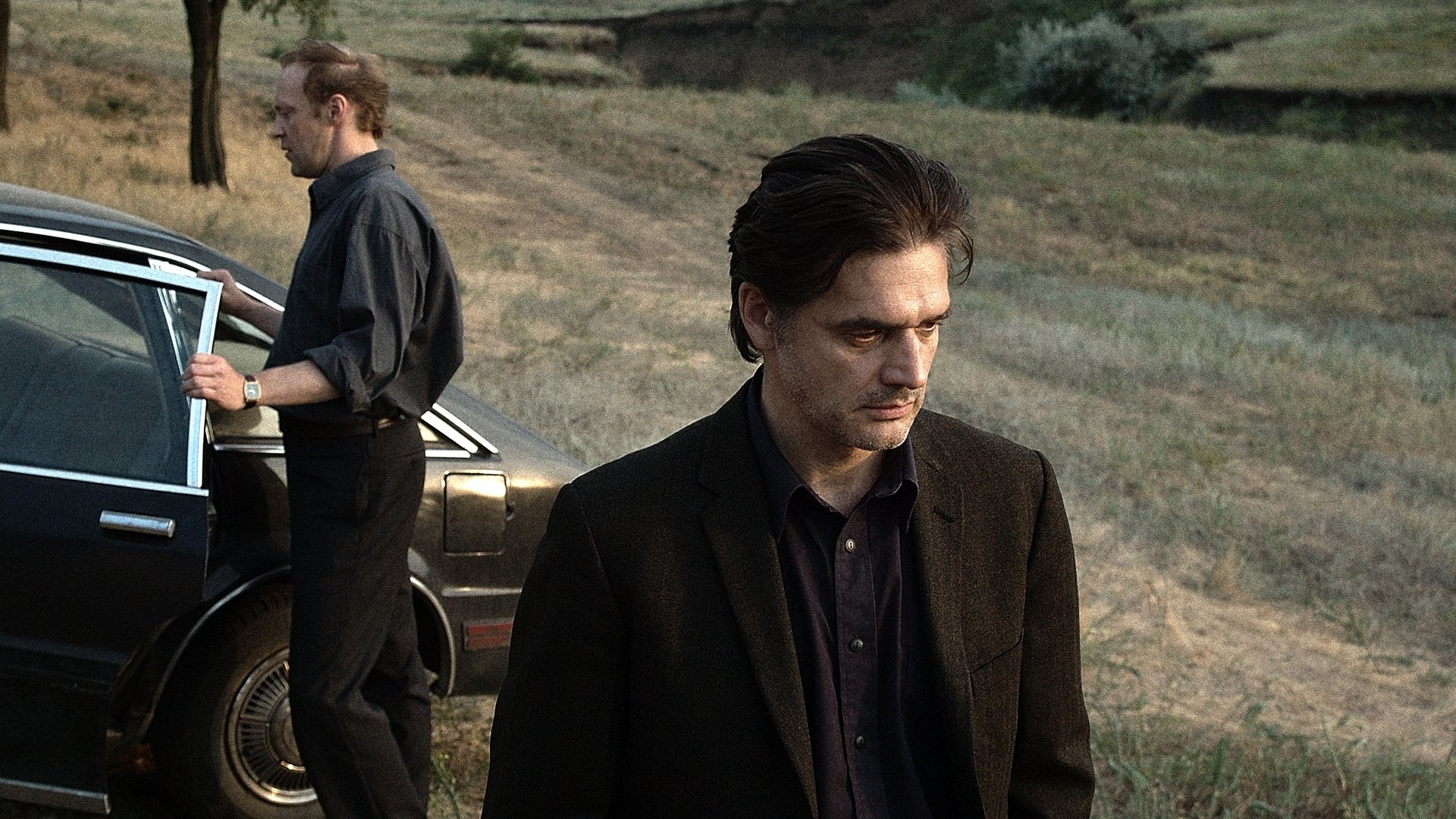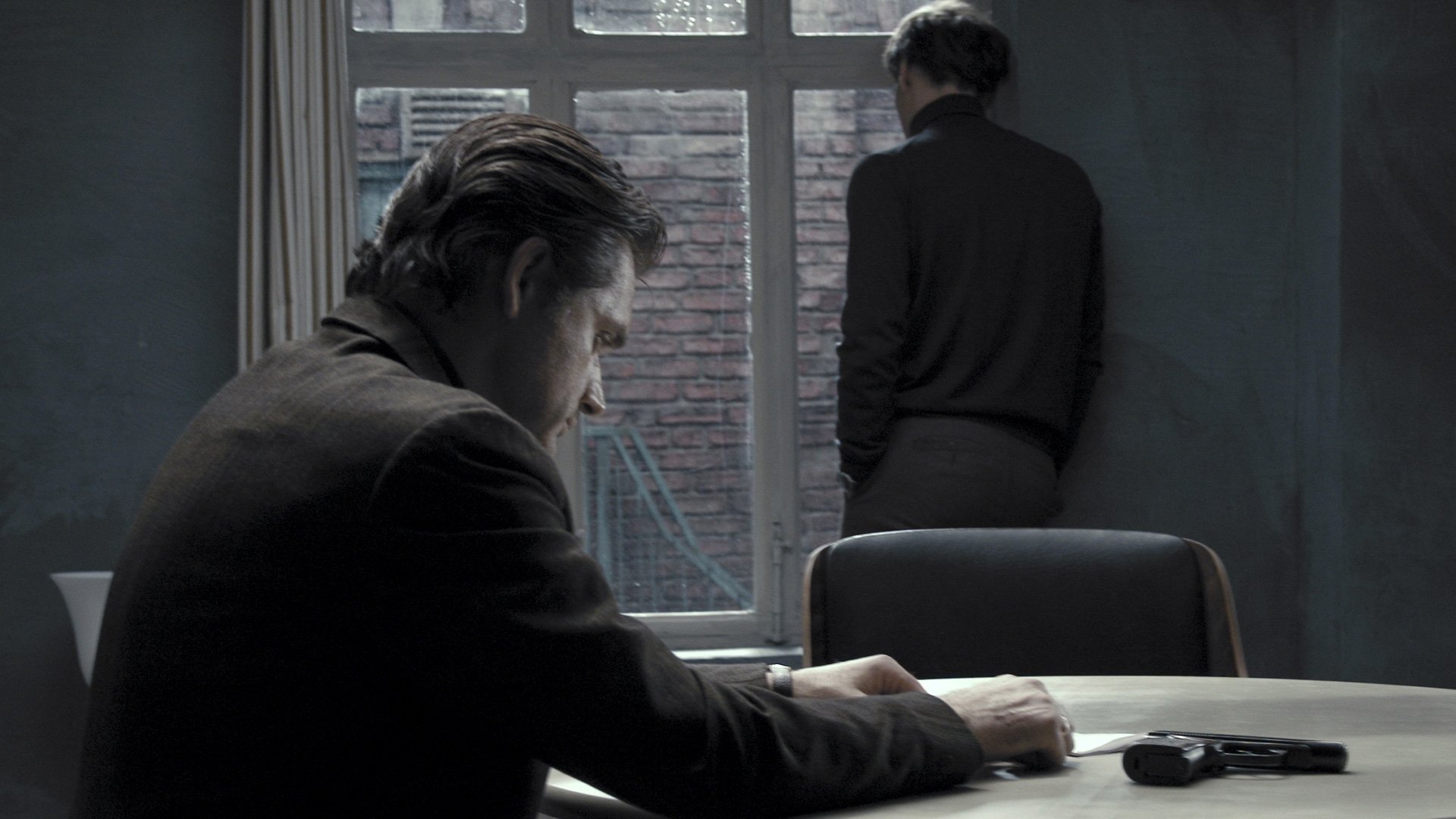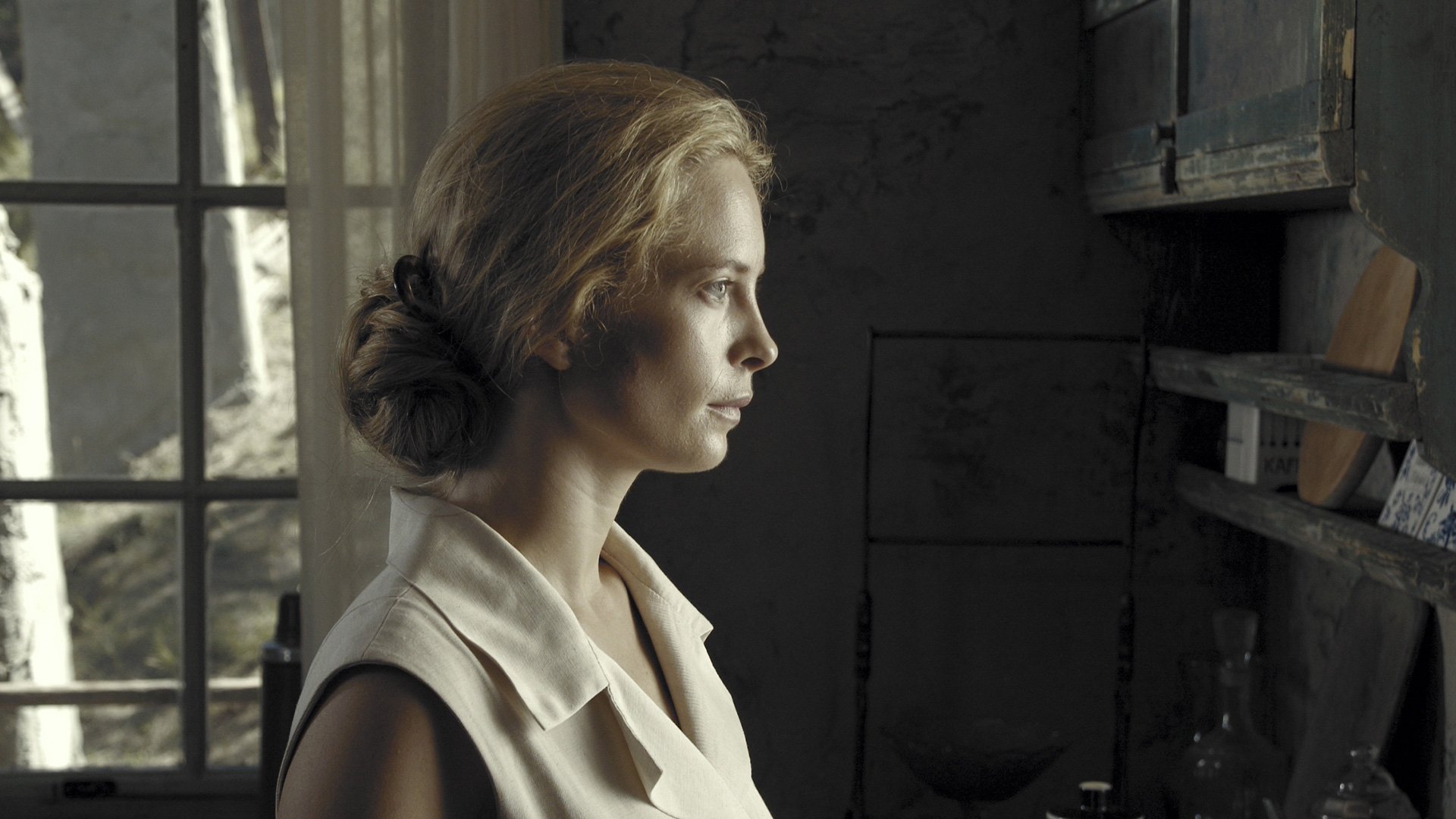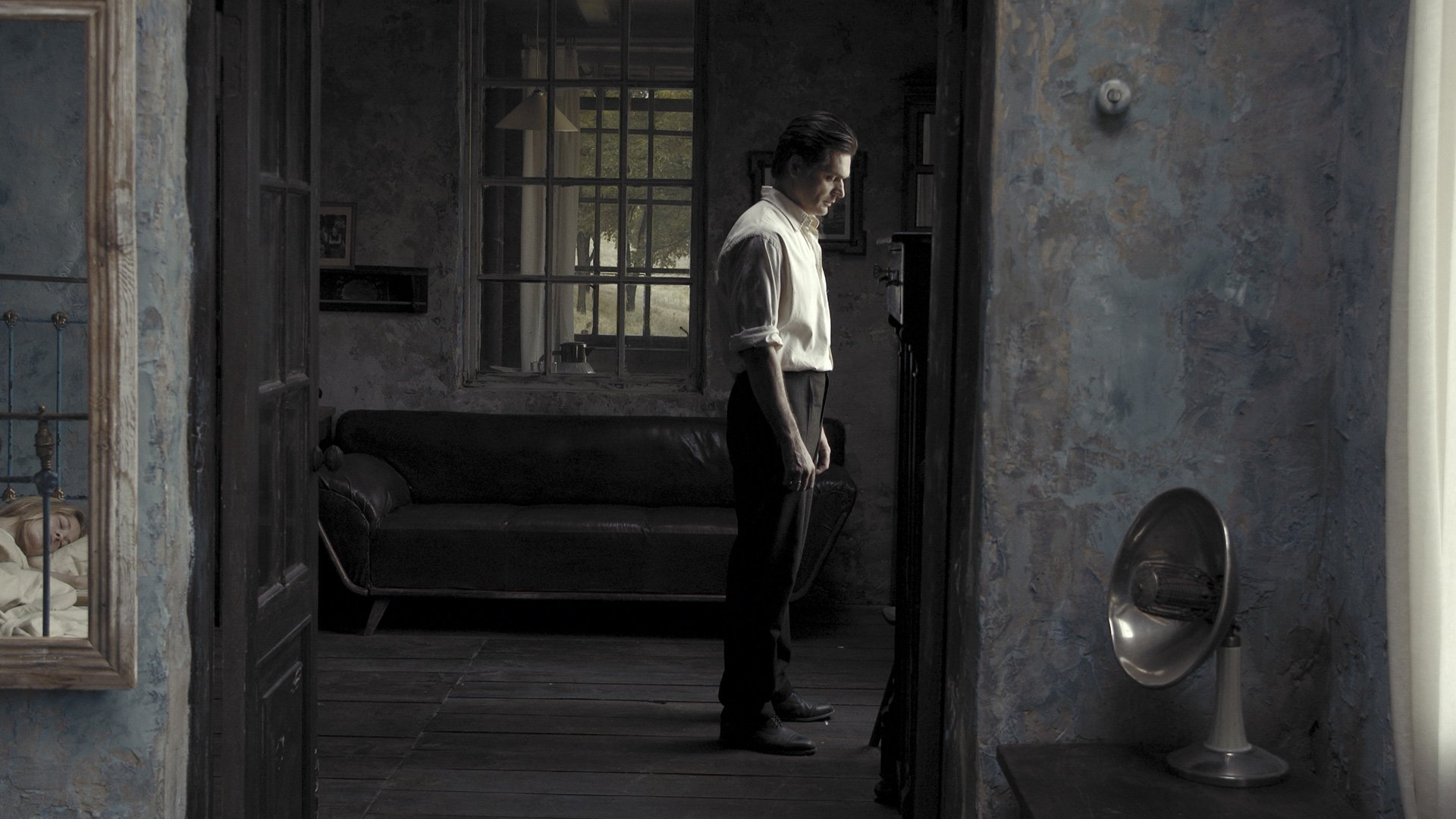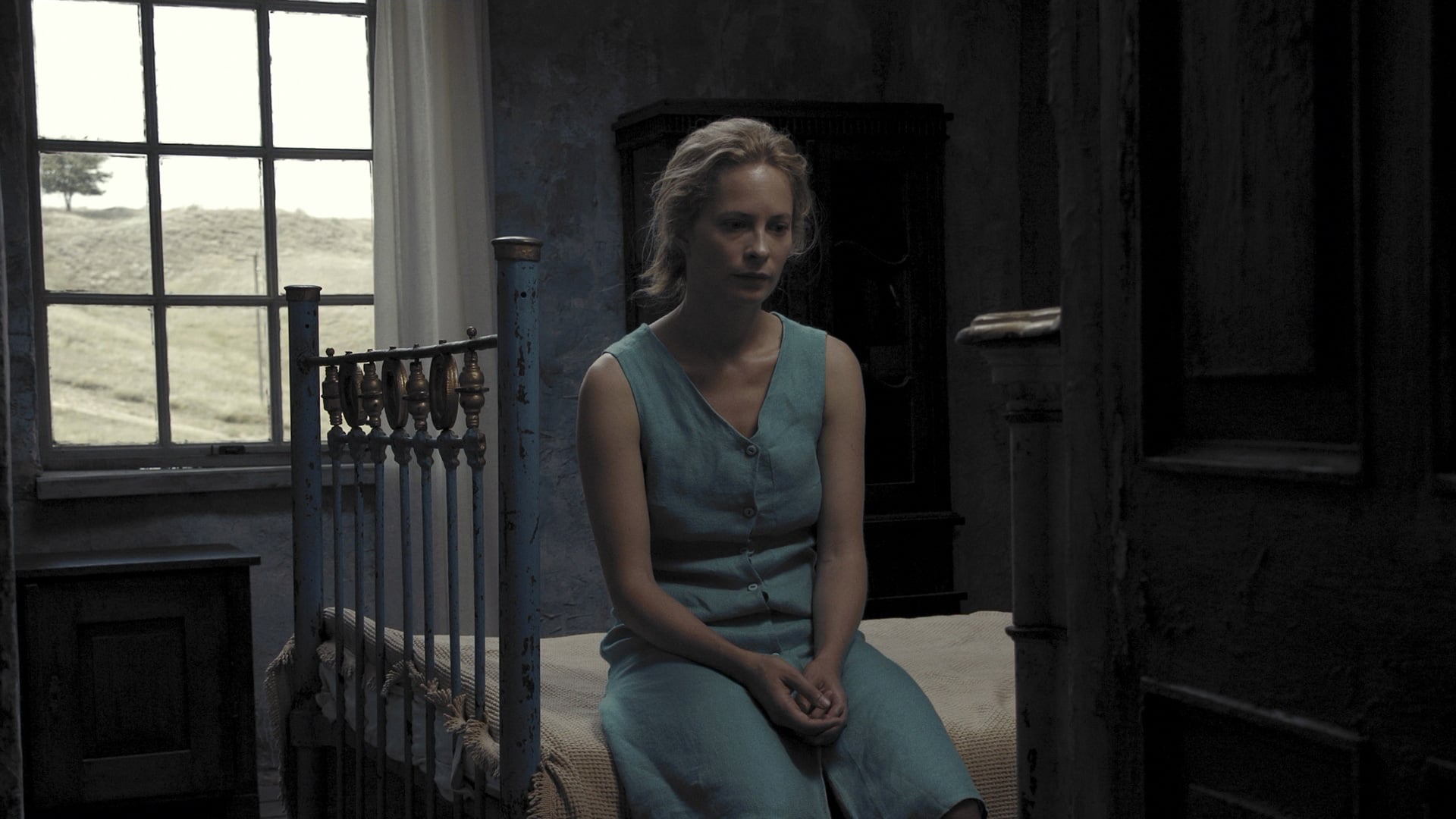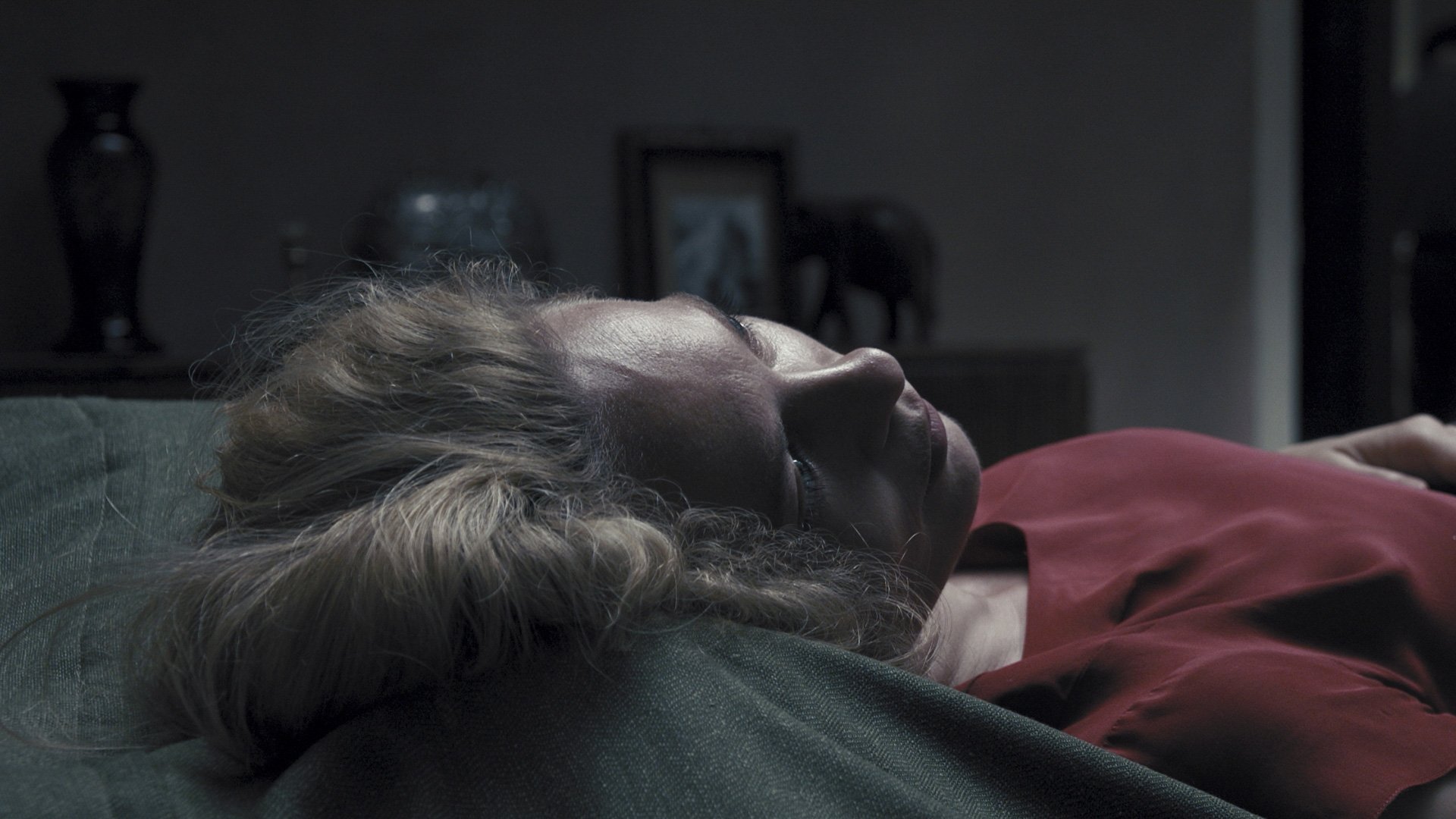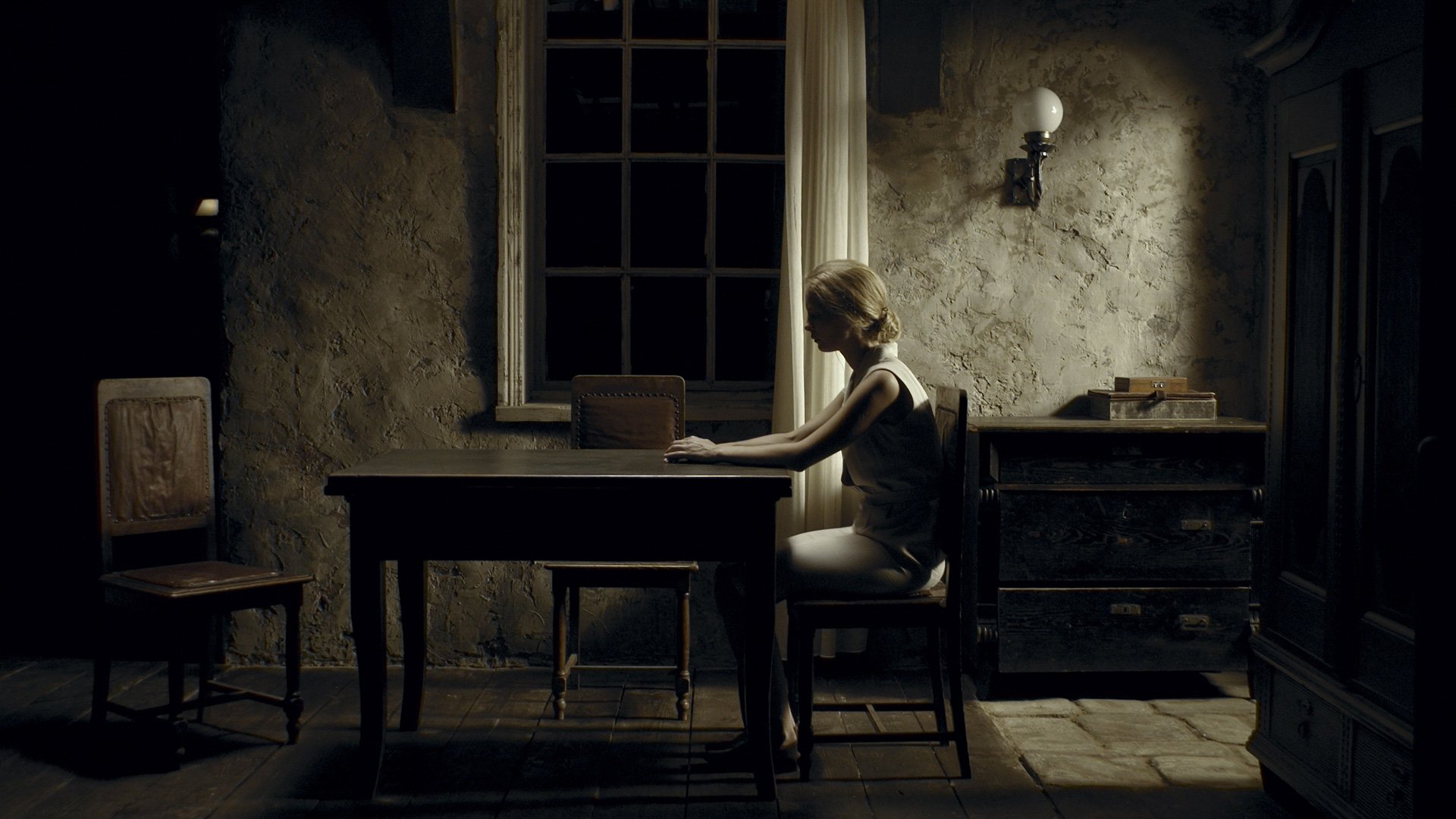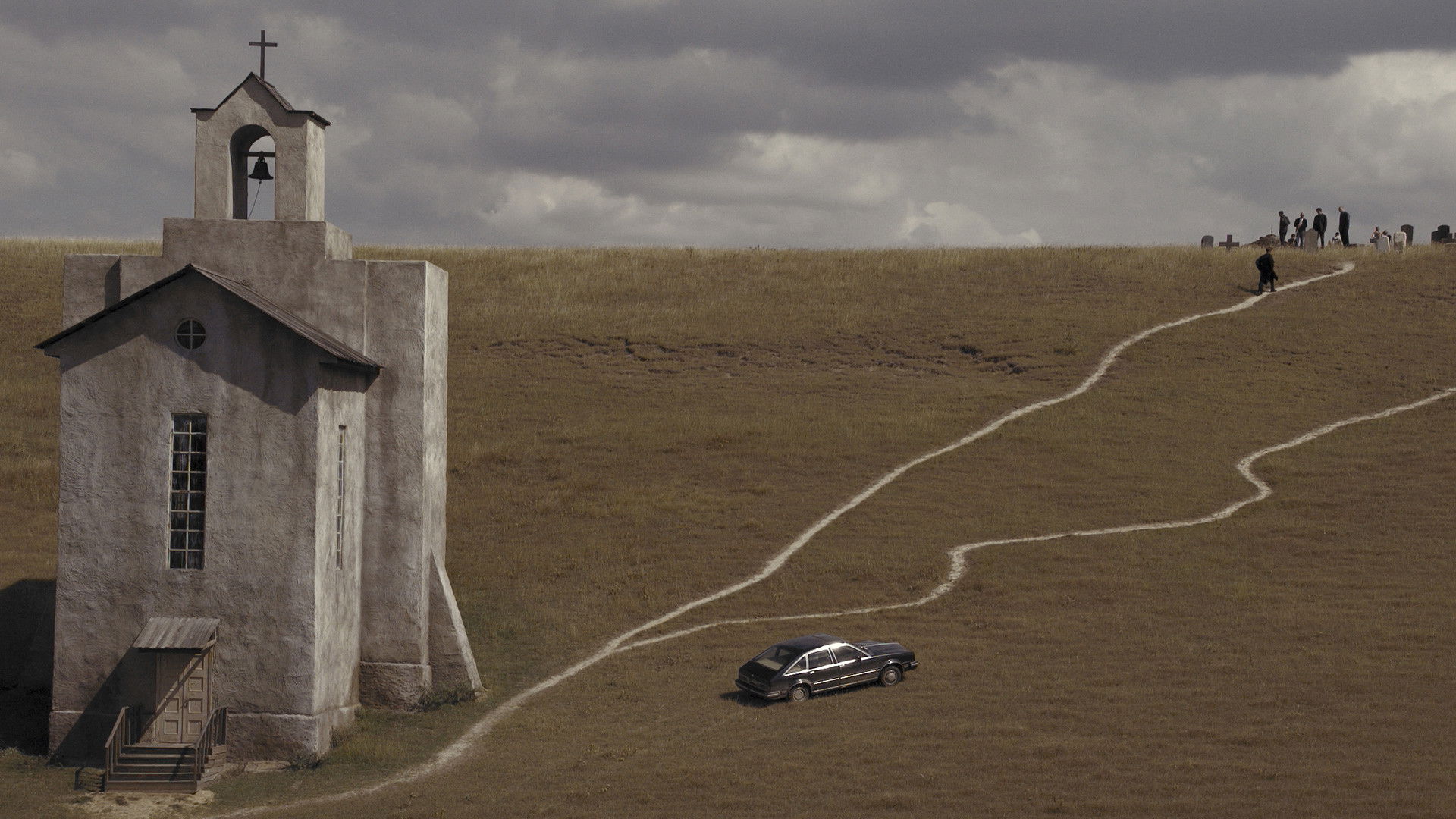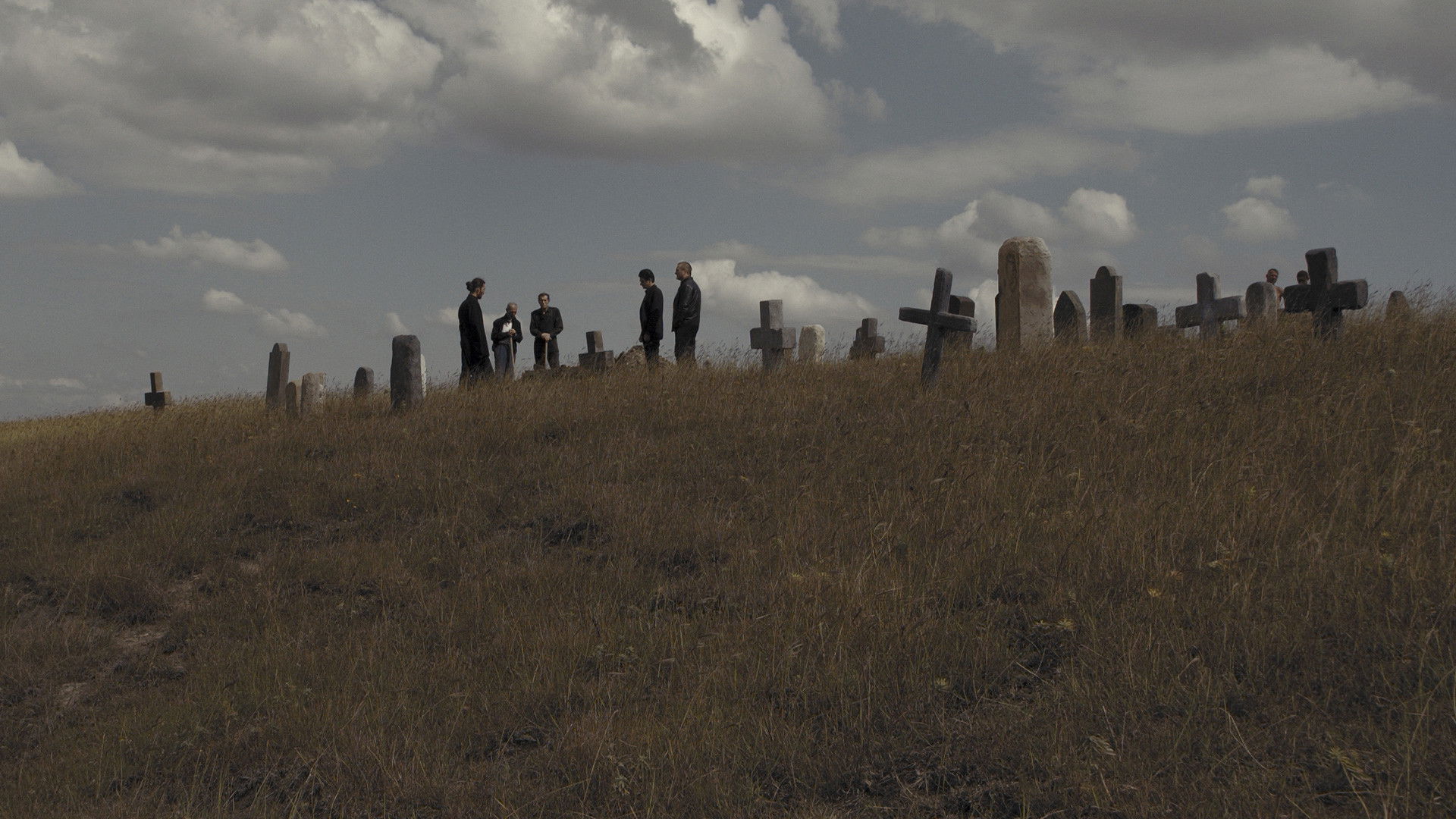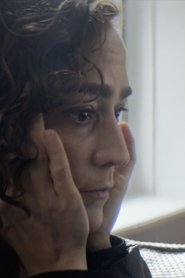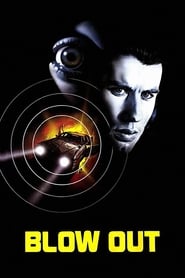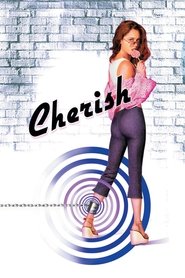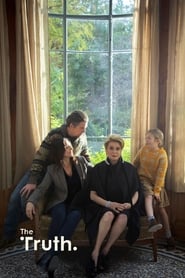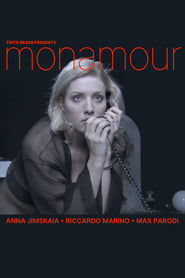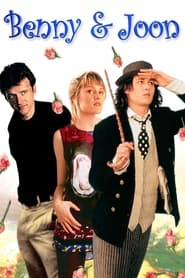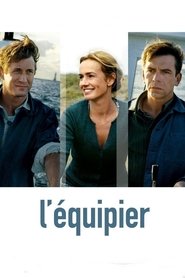
Video Sources 0 Views
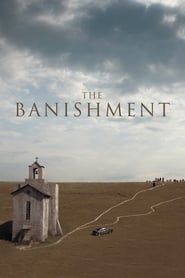
The Banishment 2008 123movies
If you want to kill, kill. If you want to forgive, forgive.Mar. 27, 2008157 Min.
Synopsis
Watch: Изгнание 2007 123movies, Full Movie Online – A married couple with kids comes to the father’s childhood home in the countryside. In the evening, his wife tells him that she is pregnant, but the baby is not his. In one day, Alex loses everything. He doesn’t know whether revenge or forgiveness is the right choice, but he must make it. The film was digitally restored for its first official online release..
Plot: After receiving an unexpected visit from his mysteriously injured brother Mark, Alex decides to take his family back to the country home of his childhood, but once there, Alex’s wife Vera confesses that she is pregnant again and that the child is not his. Agony ensues as Alex attempts to figure out how best to react.
Smart Tags: #pregnancy #abortion #rural_setting #child #hide_and_seek #domestic_violence #bullet_wound #drug_use #misunderstanding #country_house #foreign_language_adaptation #telephone #puzzle #photograph #nature #mirror #lie #funeral #family_crisis #death #cemetery
Find Alternative – Изгнание 2007, Streaming Links:
123movies | FMmovies | Putlocker | GoMovies | SolarMovie | Soap2day
Ratings:
Reviews:
Better and more complex than “The Return”
Andrei Zvyagintsev’s second film “The Banishment,” if evaluated closely, could arguably be as interesting as his first film The Return, if not better. Both relate to related concepts “Father” and “Love/Absence of Love.” In both films, there are few words spoken.To evaluate “The Banishment” is like completing a challenging crossword puzzle. You would know this unusual situation if you have seen “The Return.” To begin “The Return” was not based on a novel. This one is. That, too, a William Saroyan novel”The Laughing Matter.” Yet the director is not presenting us with Saroyan’s novel on the screen. He develops the wife as a woman “more sinn’d against than sinning,” while in the novel she is mentally unstable. Understandably, the director decides to drop the Saroyan title. Thus the words “I am going to have a child. It’s not yours” provides two utterly distinct scenarios depending on whether the woman who speaks those words to her husband is a saintly person or a mentally unhinged woman. The change in the character of the wife by the director opens a totally new perspective to the Saroyan storya tool that contemporary filmmakers frequently use, not to wreck literary works, but creatively revive interest in the possibilities a change in the original work provides.
Those viewers familiar with the plethora of Christian symbolism in “The Return” will spot the painting on which the children play jigsaw is one of an angel visiting Mary, mother of Jesus, to reveal that she will give birth even if she is a virgin. This shot is followed by a black kitten walking across the painting. And the forced abortion operation at the behest of the husband begins on Vera, the wife in Zvyagintsev’s film. By the end of the film the viewer will realize that the director had left a clue for the viewernot through conventional character development using long conversations.
“The Banishment” is representative of contemporary cinema provoking viewers to enjoy cinema beyond the story by deciphering symbols strewn around amongst layers of meaning structured within the screenplay.
As usual, the cinema of director Zvyagintsev is full of allusions to the Bible. This is the third famous film that refers to a single abstract chapter in the Bible on love: 1 Corinthians Chapter 13. In “The Banishment” the chapter is read by the neighbors’ daughters. In Krzysztof Kieslowski’s “Blue”, set to the musical score sung towards the end of the film a choral musical piece sings the words “If I have not love, I am nothing” from the same Biblical chapter commenting indirectly on communication breakdown between husband and wife and the slow and painful reconciliation with the husband’s lover. Bergman’s “Through a glass darkly” is a phrase on taken from the same chapter of the Bible, a film also on lack of communication and love between father and son, husbands and wives.
The banishment alludes to the banishment of Adam from the Garden of Eden represented in the film by the anti-hero’s tranquil family house, far from the inferred socio-political turbulence elsewhere. Soon after the wife’s proclamation we see her children playing with the jigsaw puzzle depicting an angel appearing to Virgin Mary, mother of Jesus, that she will bear a child. These clues indicate to the viewer that wife was innocent. In the movie, these are but a few of the dozens of symbols and metaphors that extend even to the selection of classical music. As usual, the cinema of director Zvyagintsev is full of allusions to the Bible. The banishment alludes to the banishment of Adam from Eden represented in the film by the anti-hero’s tranquil family house, far from the inferred socio-political turbulence elsewhere. A black kitten crosses the jigsaw puzzle and tragedy follows. These clues indicate to the viewer that wife was innocent. In the movie, these are but a few of the dozens of symbols and metaphors that extend even to the selection of classical music Bach’s Magnificat or the “Song of Virgin Mary”. There is washing of the brother’s bullet hit arm, reminiscent of Pilate washing his hands in the Bible.
While the story and structure of “The Return” is easier to comprehend, “The Banishment” is more complex. The first half of the film entices the viewer to reach the wrong conclusions. The Father is correct, the wife is wrong. The second half of the film surprises the viewer as all assumptions of the viewer made from the preceding episodes are turned topsy-turvy. Men are arrogant, egotistical and father children without love. There is no love in the silent train journey of the family while the wife is looking at her husband with love. Like Kieslowski’s “Blue” the woman appears stronger than the manand in an apt epilogue its women (harvesting a field) who are singing a song of hope and regeneration.
A supposed major flaw noted by critics is the lack of character development. In this film, Zvyagintsev develops characters using silent journeys (lack of communication) and misconstruing of reality (“child is not ours”), very close to the storyline of the director’s first film. Actually, Zvyagintsev progresses in this second film by extending the relationship of “Father and children” in the first film, to “Father and wife” in the second. In the first film, children do not understand the father; in the second, the father does not understand his wife. When he does it is too late, just as the kids in the first film of the director. This is a film that requires several viewings to savor its many ingredients of photography, music, and screenplay writing. Zvyagintsev is not merely copying directors Tarkovsky, Bergman and Kieslowski-he is exploring new territories by teasing his viewer to “suspend his/her belief” and constantly re-evaluate what was shown earlier.
Review By: JuguAbraham
a feminist field-day
Oh, see the poor woman so depressed over, well, nothing really. The man, so confused by the swinery that we call society, does not understand. But he is to blame, yes sir. And the confusion lives on and there can be no understanding because that means that the woman must give up her feminist preoccupation and try to imagine the slavery of her man and who wants to do that? Instead she wallops in her own confusion and finds a way to blame the man for her suicide that she cannot avoid in her fantastic preoccupation with herself. A feminist field-day indeed – total and utmost confusion.
Review By: karlericsson
Other Information:
Original Title Изгнание
Release Date 2008-03-27
Release Year 2007
Original Language ru
Runtime 2 hr 30 min (150 min), 2 hr 30 min (150 min) (Toronto International) (Canada)
Budget 0
Revenue 0
Status Released
Rated N/A
Genre Drama, Romance
Director Andrey Zvyagintsev
Writer William Saroyan, Artyom Melkumyan, Oleg Negin
Actors Konstantin Lavronenko, Maria Bonnevie, Aleksandr Baluev
Country Russia
Awards 8 wins & 13 nominations
Production Company N/A
Website N/A
Technical Information:
Sound Mix Dolby Digital
Aspect Ratio 2.35 : 1
Camera N/A
Laboratory N/A
Film Length N/A
Negative Format 35 mm
Cinematographic Process J-D-C Scope (anamorphic)
Printed Film Format 35 mm
Original title Изгнание
TMDb Rating 7.135 111 votes
Director
Director


